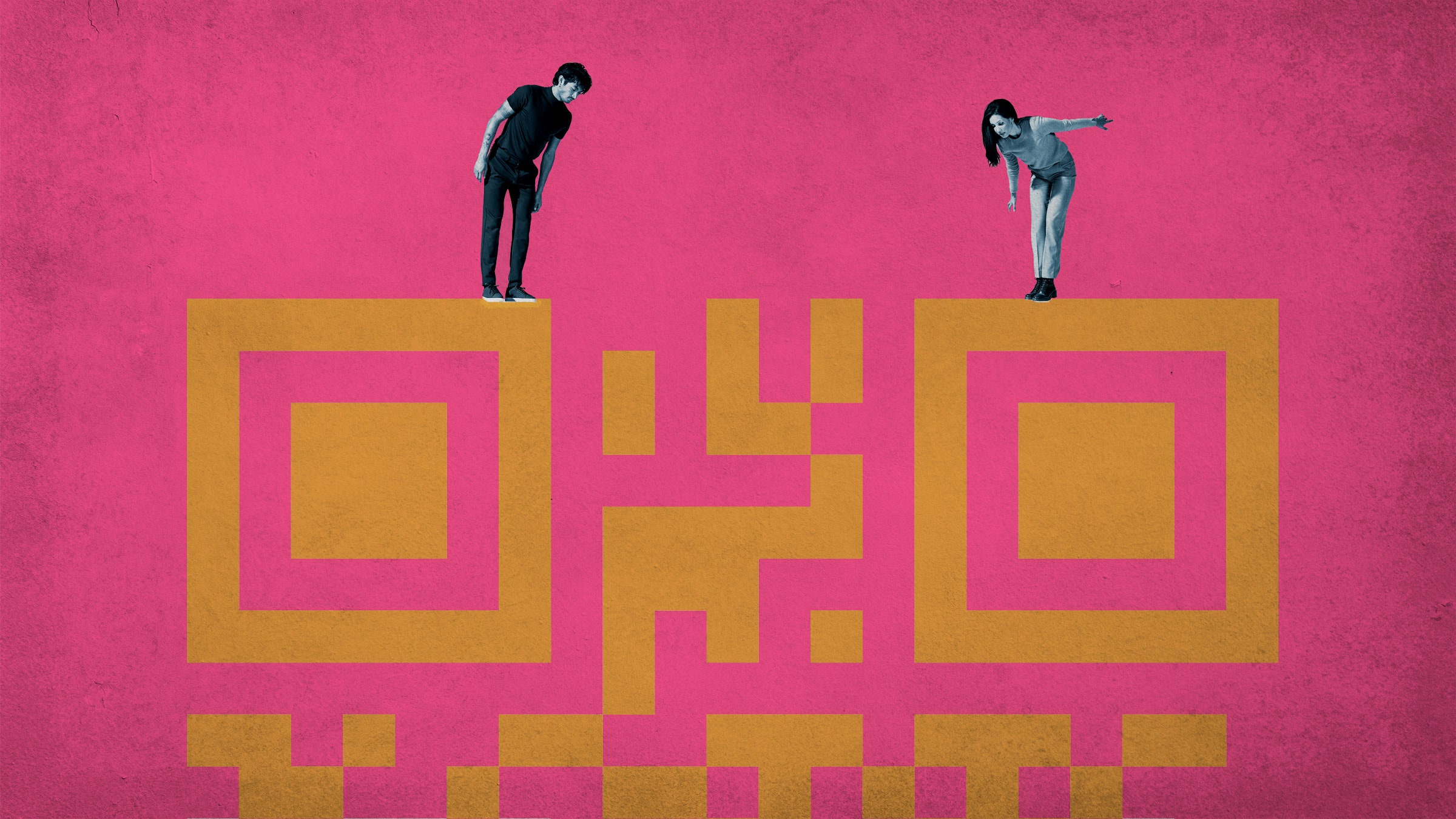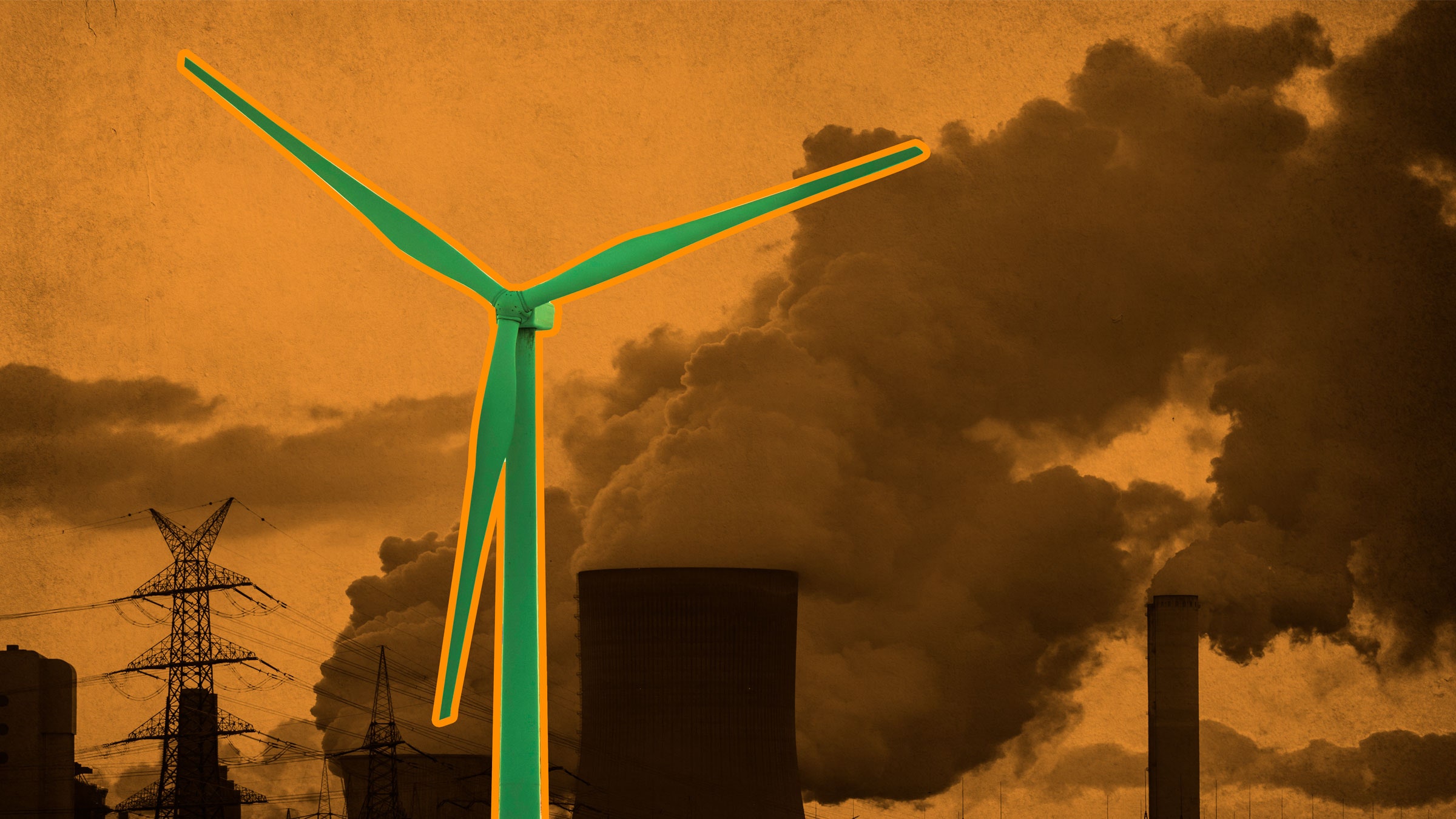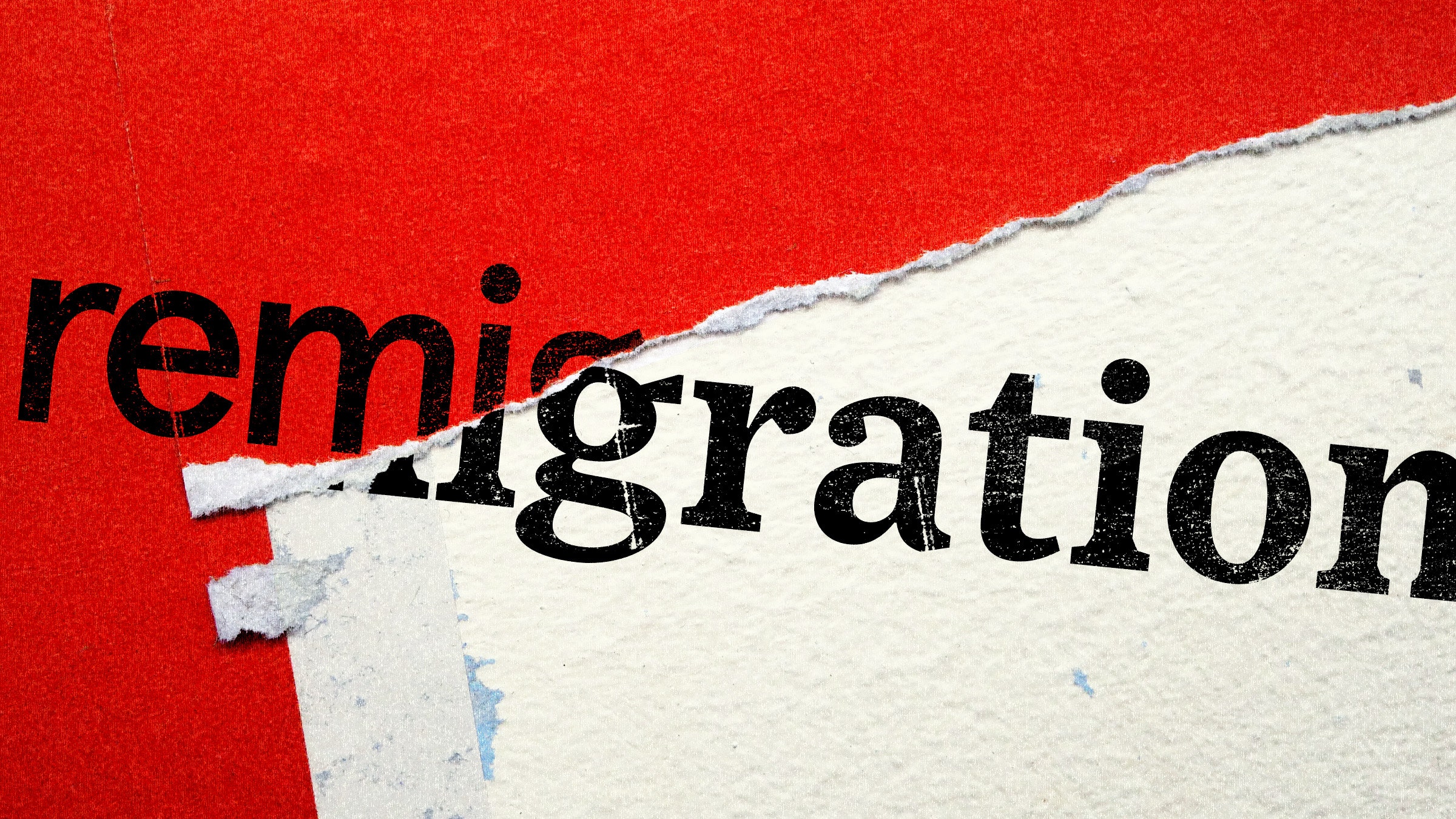Inequality Is a Health Risk—and It’s Getting Worse
Inequality Is a Health Risk—and It’s Getting Worse
Recent studies have shown that income inequality is directly linked to health disparities in society. The gap between the…

Inequality Is a Health Risk—and It’s Getting Worse
Recent studies have shown that income inequality is directly linked to health disparities in society. The gap between the rich and the poor is widening, leading to negative consequences for the health of individuals in lower socioeconomic classes.
Studies have found that individuals living in poverty are more likely to suffer from chronic illnesses such as diabetes, heart disease, and obesity. They also have limited access to quality healthcare services, leading to poorer outcomes and higher mortality rates.
The stress of living in poverty can also have a significant impact on mental health. Individuals in lower socioeconomic classes are more likely to experience anxiety, depression, and other mental health disorders.
Furthermore, income inequality can lead to unequal access to resources such as nutritious food, safe housing, and education. This lack of access exacerbates health disparities and perpetuates the cycle of poverty.
Efforts to address income inequality and improve access to healthcare services are crucial in reducing health disparities and improving overall population health. Policies that promote economic equity and provide support for disadvantaged communities are essential in creating a healthier society for all.
It is clear that inequality is not just a social issue—it is a health risk that impacts individuals across all socioeconomic classes. As income inequality continues to grow, it is imperative that we take action to address these disparities and create a more equitable society for all.





